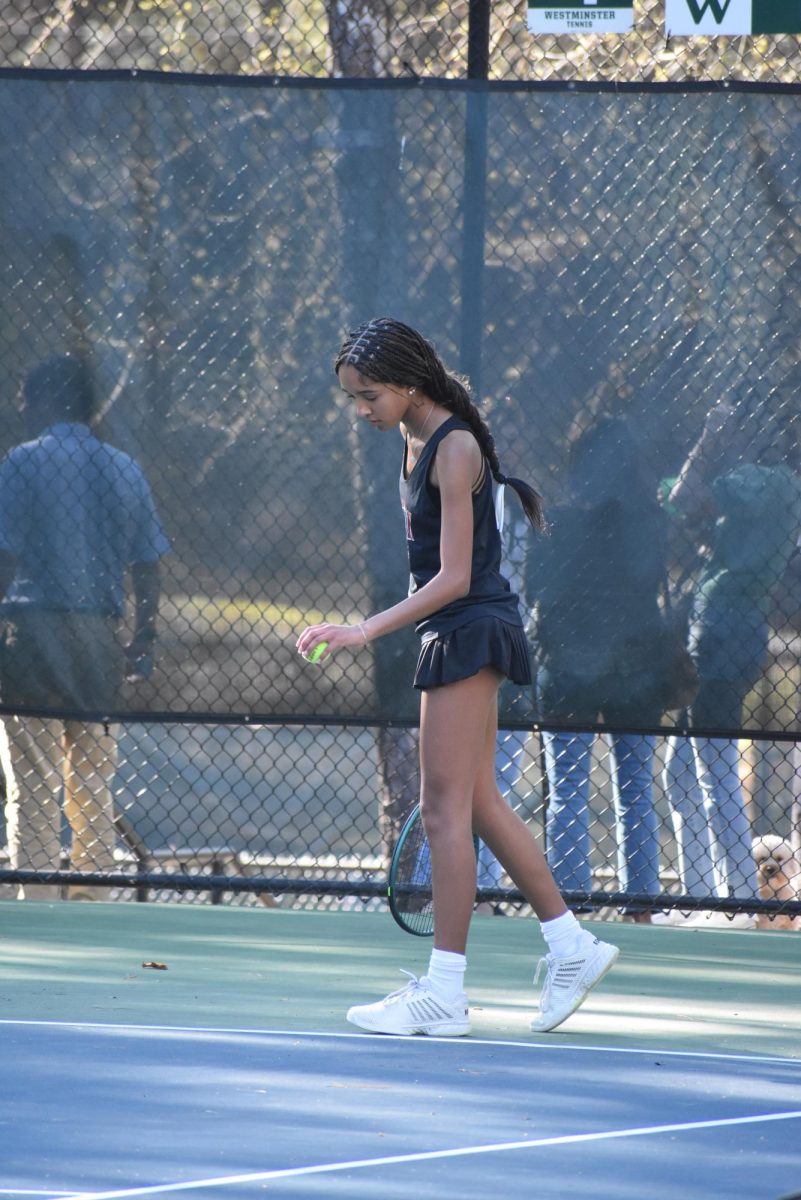With March Madness starting soon, a topic on many students’ minds is how to make a good bracket.
There are many different strategies for choosing winning teams in the tournament. Some people always pick the higher seed, while others choose based off mascots. The question is, which way is the right way?
First, what is March Madness? Every year, at the end of the college basketball season, 68 teams are selected to participate in one huge tournament to determine one true champion. The prevalence of upsets and unexpected results over the years led to the name “March Madness.”
One common activity is for groups of people to have competitions in which each person completes a bracket and the person with the most correct picks wins. Do you find yourself in one such group, and want to know how to not get embarrassed? Look no further.
There are many resources you can access to gain more information about a team beyond its seeding. Sports analysts across the country have made mock brackets and explained the reasoning behind their picks. Some factors to watch for when looking beyond teams’ records are: how they performed down the stretch of the season, how healthy they are now compared to how healthy they were during the season, the difficulty of their schedule, and how many quality wins they have.
The seedings are meant to designate the quality of the teams. However, that doesn’t mean the NCAA favorites win all the games. Upsets, particularly in the first round, are bound to happen. However, that doesn’t mean that every game will be an upset.
For example, a No. 16 has never beaten a No. 1 seed, so it would probably be prudent to pick the 1 seeds over 16 seeds. However, according to tournament bracket odds published by the University of Illinois, 11 and 12 seeds win in the first round of 64 teams around 1 in 3 times each.
One other thing to consider when distributing upset picks is to spread them across different regions. Historically, it is very unlikely for any one region to have more than three of the bottom seven seeds advance beyond the round of 64.
It is tempting, after picking the first round, to keep picking in order until you reach the final. In fact, many people pick round by round, focusing on teams they think is more likely to win each individual game.
This might work well if all predictions in prior rounds were correct, but they almost certainly won’t be. So, it is useless to guess who will win based on matchups. Rather, the correct method is to decide who you think the best four teams are, and then put them in your final four, filling in the rest of the bracket after that point.
How does one determine the best four teams? One thing to consider is that the eventual winners almost always have very good offensive or defensive efficiencies, often both. In fact, nine of the last 10 national champions finished in the top 10 of either the adjusted offensive or defensive efficiency tracked on analytics site Kenpom.com.
Even after all of this, your success is still going to rely largely on luck. No matter how much you know about college basketball, it is still incredibly difficult to correctly predict how the tournament will shake out. All you can do is make the most informed probable picks possible, and hope the basketball gods are with you! Good Luck.
Categories:
How to select a tournament bracket the right way
March 21, 2017
0
More to Discover






